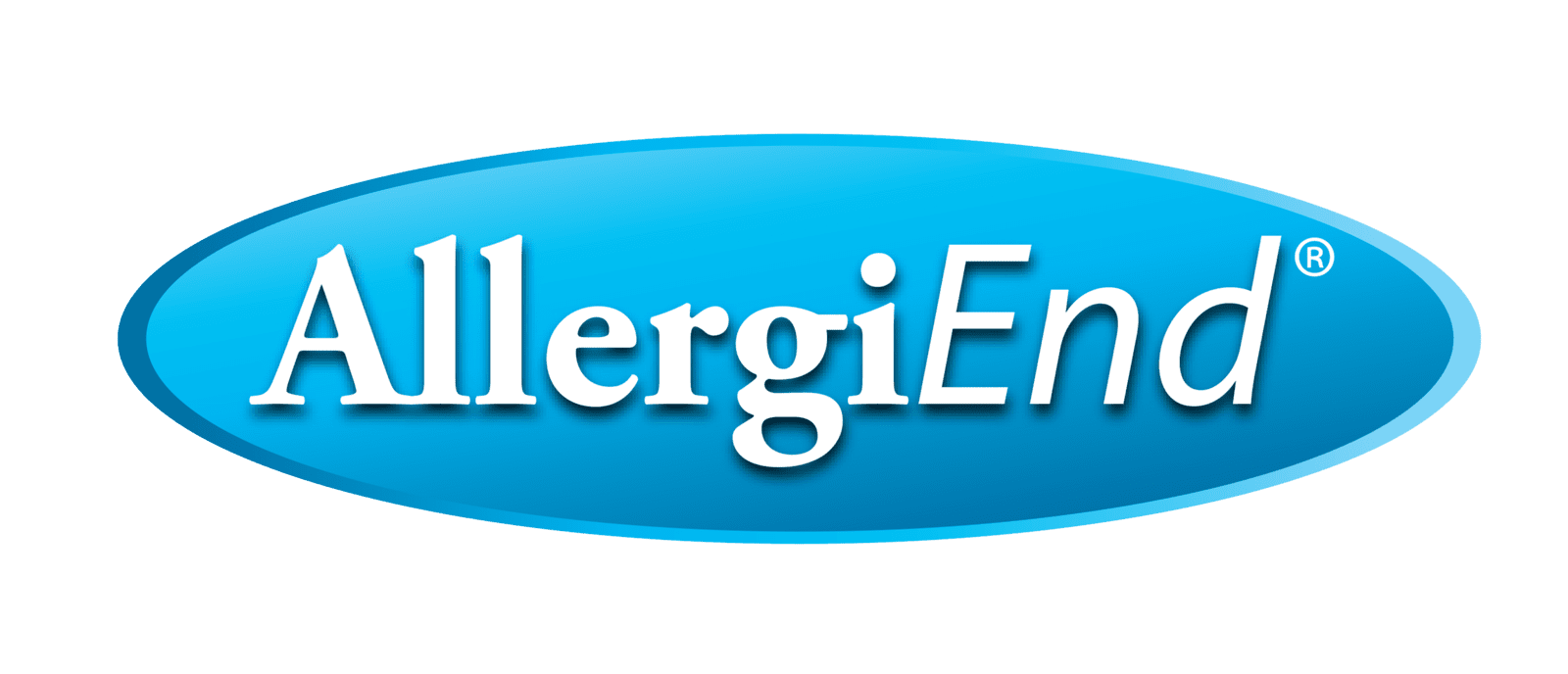The study concluded that AIT produced greater symptom reduction in allergic rhinitis and asthma symptoms, including asthma controller and reliever prescriptions.
Immunotherapy continues to make headlines throughout the healthcare newswires, and for a good reason. Now more than ever, researchers are looking inward to cure diseases, leveraging the power of one’s immune system to reduce symptoms and even reverse conditions. A recent study titled “REACT” analyzed claims data spanning ten years. Claims must have a confirmed diagnosis of allergic rhinitis, with or without asthma, and treatment of allergen immunotherapy additionally listed on the claim.
First, what exactly is “allergen immunotherapy?” Allergen immunotherapy is the repeated administration of specific allergens to patients with IgE-mediated conditions to protect against the allergic symptoms and inflammatory reactions associated with natural exposure to these allergens. The exact mechanism of action is unknown but may involve an increase in allergen-specific IgG antibodies, particularly IgG4, a decrease in IgE synthesis, and an alteration in T-lymphocyte activity. In other words, immunotherapy is the prevention or treatment of disease with substances that stimulate the immune response. Allergen immunotherapy is a long-term treatment for people with allergic rhinitis, allergic asthma, conjunctivitis (eye allergy), or atopic dermatitis. Allergen immunotherapy is also known as allergy shots, desensitization, or hyposensitization.
This study examined 46,024 patients undergoing allergy immunotherapy treatments.
Allergen immunotherapy was consistently associated with greater reductions than control subjects in allergic rhinitis and asthma prescriptions, including asthma controller and reliever prescriptions.
AIT group also had a significantly greater likelihood of stepping down asthma treatment and a greater reduction in severe asthma exacerbations.
Reductions in pneumonia with antibiotic prescriptions, hospitalizations, and duration of inpatient stays were all in favor of AIT.
This study concluded the longer-term and sustained effectiveness of AIT, and in patients with concurrent asthma, AIT was associated with a reduced likelihood of asthma exacerbations and pneumonia.
AllergiEnd® uses a three-step system to screen, test, and treat allergies. Primary care physicians are often the first practitioners that patients turn to when suffering from allergy and asthma symptoms. With more than 60 million Americans suffering from allergies annually, and only 3,000 allergy specialists in practice, there’s a demand for tools to expedite the diagnosis and treatment process and to leverage the power of primary care.
First, get a baseline of your patient’s allergy symptoms and severity. Our user-friendly assessment tracks patient responses to allergy symptoms, triggers, history, and severity scores for the SNOT-22, Asthma Control, and Respiratory Allergy Prediction tests. This digital assessment can be sent to patients ahead of time to be completed or can be completed in under five minutes while patients wait for their appointment - and provides physicians with critical insights at a glance. This service saves provider time while increasing your practice revenue through reimbursements through CPT code 99358.
Next, confirm the findings from the digital screening with a needle-free skin test designed for administration in primary care settings. AllergiEnd®’s skin tests are FDA-cleared and safe for pediatric patients. Results from these skin tests are available in just 15-20 minutes, and physicians can provide a diagnosis to patients during the same appointment - saving patients the time and expense of a specialist appointment. These allergy skin tests are also reimbursable, revenue-generating services from your practice under CPT code 95004.
Finally, offer your patients the best in immunotherapy treatments if a diagnosis is confirmed. AllergiEnd® offers two types in the form of injections or sublingual drops. Our pharmacy creates patient-specific allergy treatments shipped directly to our clients if treatment is needed. Again, this is a reimbursable service to providers through CPT code 96165.
Allergen immunotherapy is a long-term, effective, and practical approach to treating the root causes of allergy symptoms and the suffering associated with the disease. As the fall season is upon us, many practices are seeing an uptick in patients presenting with allergy symptoms. Begin screening, testing, and treating your patients today and improve clinical outcomes while increasing your practice revenue.
Learn more about our evidence base here, and click the button below to get started.
